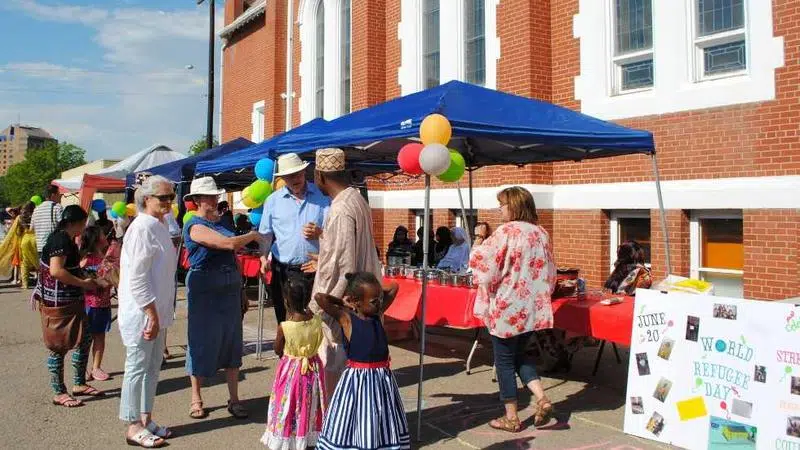
P.A. welcomes new residents
Prince Albert will soon be home to more than 100 new residents, as the city prepares for dozens of refugee families to immigrate to the area.
“In the next three months, I would say, we are receiving about 130 new residents to Prince Albert coming from all over the world,” Carolyn Hobden, YWCA settlement services manager told paNOW.
“It’s an assortment of people from different places where they had to leave their home country due to war or political unrest and had to go to a neighbouring country to seek refuge, then they applied to come to Canada.”
The families who will soon call Prince Albert home originate from a variety of countries according to Hobden, including Sudan, Uganda, Lebanon, and Burma.


